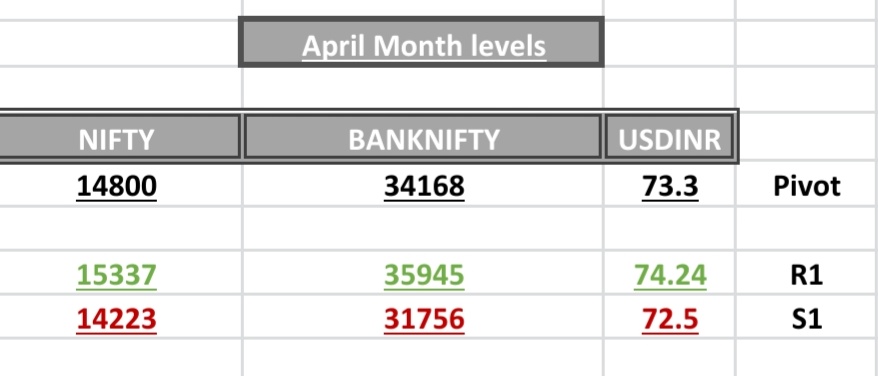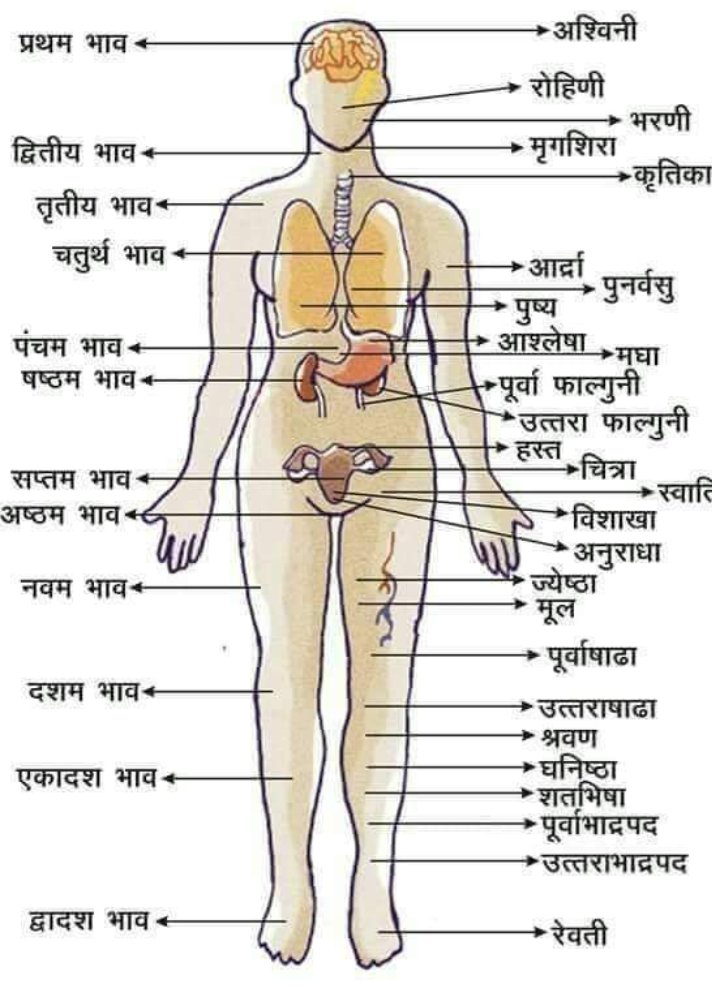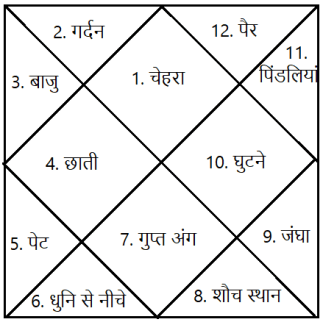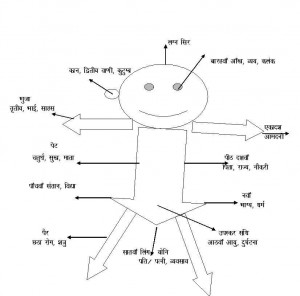A Kangaroo Court is a bogus legal proceeding which disregards due process, the law and fairness in pursuit of expediency and desired outcomes, it is usually convened after orders from another similar Kangaroo proceeding
[Thread]
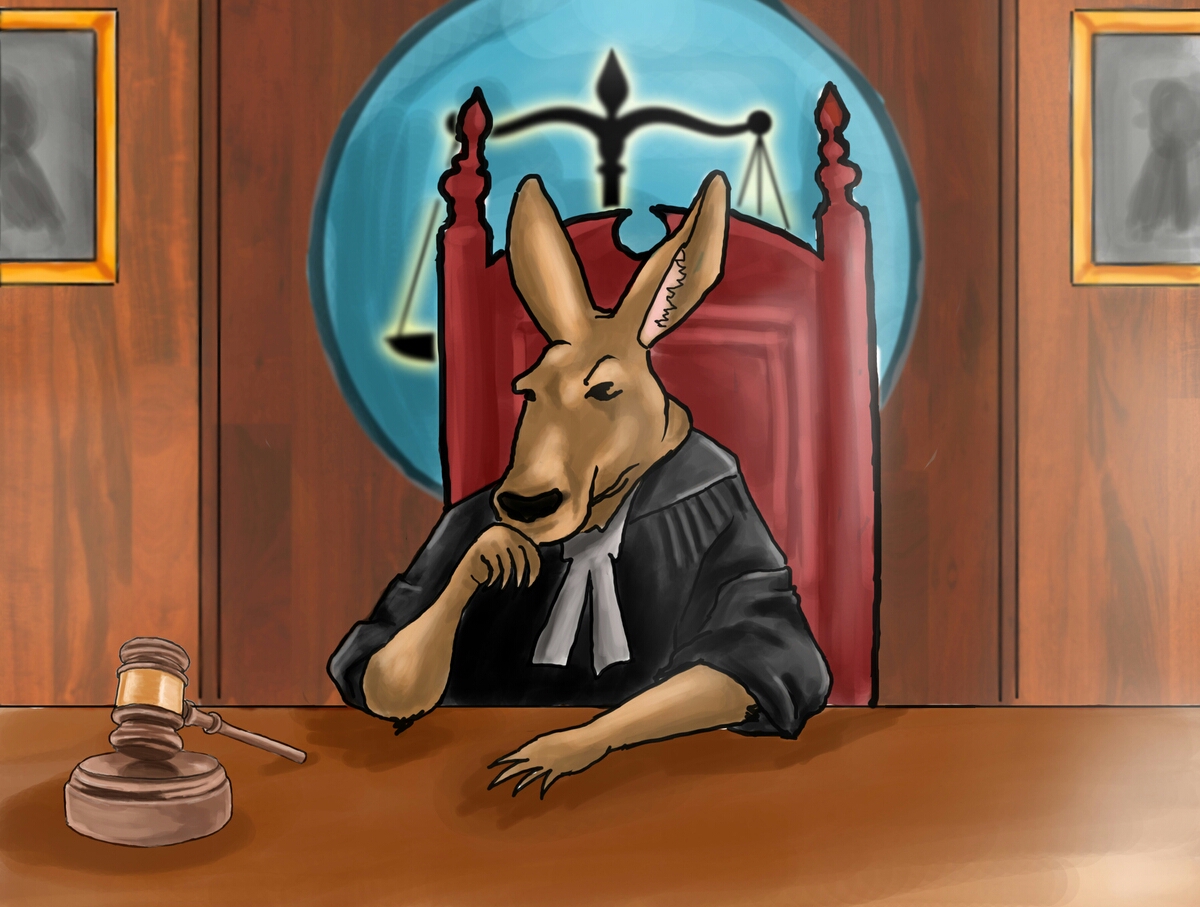
More from Law
The Shari'a Law has been a subject of inequitable prejudice for a long time, which we already know is false & illogical.
However, as long as such claims are being made- we will have to falsify 'em.😏
Let's debunk all the myths.
Harvard Economists point out how eradication of poverty in secular states is one of the pressing issues academics face.
In fact, around a billion people live in extreme poverty conditions under the notion of secularism.
https://t.co/gVp2jRtjqU
https://t.co/oZELY0BFrd

Contrary to secularism-Islam was extremely triumphant in this regard.
The Shari'a states successfully eradicated poverty by creation of a welfare society & the institutionalization of obligatory charity.
https://t.co/5xpQkQ6ZQb
https://t.co/KH1sl1omB5
https://t.co/38ak5CUK1L

A logical outcome of 0% poverty is 0% crime rates, as criminologists point out.
This can be explained by the theory of Synnomie, which explains 0% crime rates & ideal social order under the Shari'a.
https://t.co/QwtLB6xEFW
https://t.co/HskBa5qy4P
https://t.co/mklS6BIOL0

No matter how this trial plays out, the US will remain divided between those who choose truth, Democracy, and rule of law and the millions who reject these things.
1/
Wouldn't he just use this to repeat his Big Lie and have GOP echo him?
— Thel Marquez (@theljava) January 31, 2021
The question is how to move forward.
My mantra is that there are no magic bullets and these people will always be with us.
Except for state legislatures, they have less power now than they have for a while.
2/
The only real and lasting solutions are political ones. Get Democrats into local offices. Get people who want democracy to survive to the polls at every election, at every level.
It’s a constant battle.
3/
Maybe I should tell you all about Thurgood Marshall’s life to illustrate how hard the task is and how there will be backlash after each step of progress.
4/
Precisely. That's why Thurgood Marshall's life came to mind.
We are still riding the backlash that started after the Supreme Court decision in Brown v. Board of Education.
That's why I keep saying there are no easy
Yep. My relatives continue to support Trump and make false equivalencies as justification. I\u2019ve found it impossible to present factual information that changes minds. Trump\u2019s emotional appeal registers with them: that things were better before civil rights advances.
— Martha Brockenbrough INTO THE BLOODRED WOODS (@mbrockenbrough) January 31, 2021
Less schadenfreude, more "what now?" https://t.co/a0oTwblBHB

BREAKING: The @SEC_News intends to sue @ripple over its sale of XRP, alleging the cryptocurrency is an unregistered security according to @bgarlinghouse.@nikhileshde reportshttps://t.co/7Z3KSWk7dn
— CoinDesk (@CoinDesk) December 22, 2020
2/ First of all, the USG is going to lose.
I don't even need to read the complaint. They might force a settlement, but they're outclassed on legal.
Remember Ripple engaged former SEC Chair Mary Jo White in a civil matter in 2018. A hint of their
3/ Second, the USG should lose.
The SEC restrictions on non-accredited investors; the ridiculous Howey test; 80 year old securities law like the "40 Act" all need to die in fire. They are un-American and completely outdated.
I hope Ripple wins. (WUT?)
4/ Third, it's incumbent upon industry to self-police and hold the moral high ground.
I give certain individuals A's and others F's, but as a whole, the most powerful people and companies generally take a Swiss neutrality stance on assets.
So we're effectively in this together.
5/ We're "in this together" to draw lines of regulatory demarcation.
XRP as a "security" further hurts the U.S. businesses while global comps will continue to make these markets.
XRP as a security also means other assets will meet the same fate. At least Ripple has $ to fight.
Honest Q: Some people argue in good faith that an impeachment trial after POTUS leaves office is unconstitutional. I think they\u2019re wrong. But let\u2019s say they\u2019re right, yet senate does it anyway. Does anyone seriously think SCOTUS reverses verdict (or even can)?
— Jonah Goldberg (@JonahDispatch) January 17, 2021
Suppose Senate convicts and disqualifies Trump from ever holding federal office. Trump files paperwork to run anyway, but state officials deny his application, citing his Senate impeachment judgment. Trump sues, arguing that the judgment is void.
Normally a legal dispute about a prospective candidates eligibility to run would certainly present a justiciable case or controversy. But are courts bound to accept the Senate impeachment judgment as valid? Maybe not. Here’s why:
According to Article I, “The Senate shall have the sole Power to try all Impeachments.” This is a small amount of judicial power vested in Congress. When trying impeachments, the Senate sits as a court.
The Senate’s judicial power includes the power to decide relevant legal questions that arise, such as what procedures are sufficient to constitute a “trial” w/in the Constitution’s meaning. Such legal determinations are conclusive, as SCOTUS held in Nixon v. United States (1993).
To the extent that precedents matter in this trial, when hearsay has been challenged in past trials, it's been admitted if it's probative. And it's been noted that senators aren't *regular* jurors, but rather people of learning who can figure on their own how to weigh evidence.
— Ira Goldman \U0001f986\U0001f986\U0001f986 (@KDbyProxy) January 24, 2020
law stuff & will know what they can & can't consider. For instance, there is a long-held rule that a fact witness can't make legal arguments, only a lawyer. So what will happen in a motion for summary judgment, where the entire proceeding is on paper, will play out like this:
1) Defendant makes a motion for summary judgment. It includes a sworn declaration from some fact witness.
2) The declaration includes all sorts of legal arguments about why the defendant should win. Often the declaration includes arguments the brief didn't even make.
Defendants (especially DOJ-represented ones) often do this to get around the word or page-limits placed on briefs.
3) Plaintiff moves to strike the declaration for its inclusion of inadmissible legal arguments.
4) Judge denies the motion to strike, on the grounds that a ...
judge is a sophisticated consumer of evidence & can choose what to consider & what to ignore, unlike a jury.
The legal fiction behind this impeachment exception is that Senators are also smart enough to know what to listen to & what to ignore. Now, that may not be ACCURATE, ...











